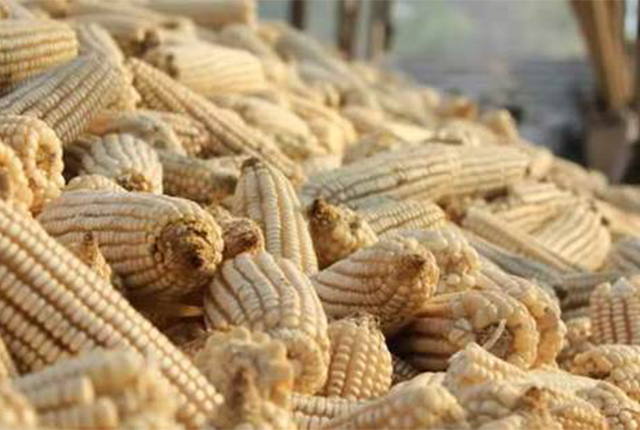Grain imports steady

The Grain Millers Association of Zimbabwe (GMAZ) says grain imports have been steady, with international payments being made on time despite the cash shortages currently prevailing. Zimbabwe is facing cash shortages, which the Reserve Bank of Zimbabwe attributed to a number of reasons including the depletion of bank nostro balances, the high import Bill and externalisation.The shortages, have led to delays by banks in processing international payments for imports and foreign services.
GMAZ chairman Tafadzwa Musarara said adequate mechanisms had been put in place to ensure foreign payments were made timeously.
“We are fully funded to import and we are working closely with the Reserve Bank and our partners to assist in funding our nostro accounts.
“This is so that we can make international payments, so it is not an issue at the moment,” he said.
“We are planning in advance, although we are behind with some outstanding payments, we are able to make remittances and it’s not yet a risky situation.
“There has not been a suspension of supplies, we are managing.”
Mr Musarara said plans had been put in place to ensure that Zimbabwe would have adequate grain until the next harvest.
“We are confident that our flow of maize will continue to come as planned, we also have enough stocks of rice and maize for the festive season and wheat.
“We are more than adequately stocked for the high demand that is associated with the festive season,” he said.
Between January and July this year, the grain millers imported 450 000 tonnes of maize.
Millers were also buying local maize for between $330 and $350.
Zimbabwe, like most of its neighbours in the Southern African Development Community region, is grappling with an El-Nino induced drought, which left almost a quarter of the population requiring food aid.
Government then launched a global appeal for drought relief assistance and has also started importing and distributing maize to vulnerable families. — New Ziana.









Comments